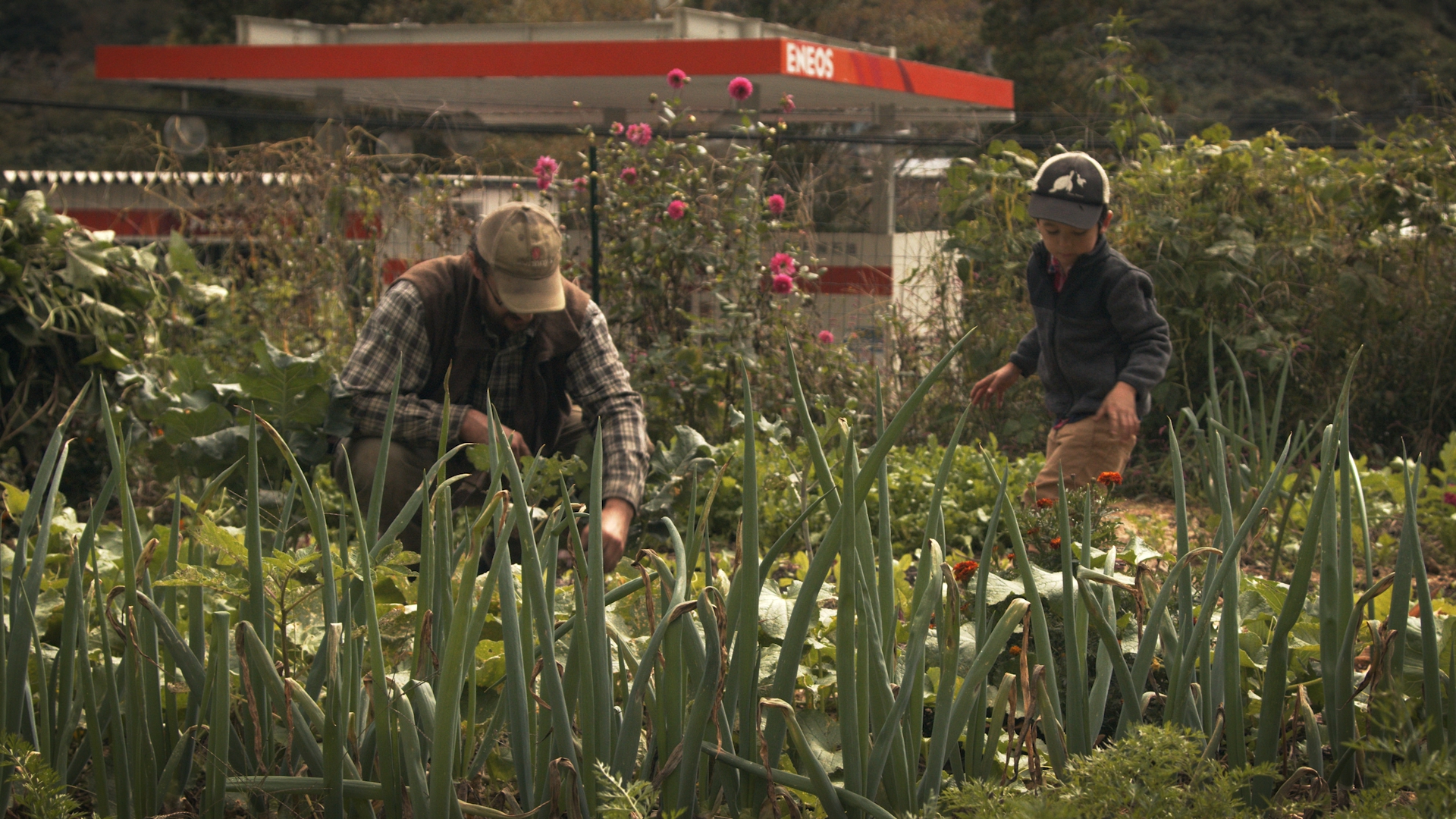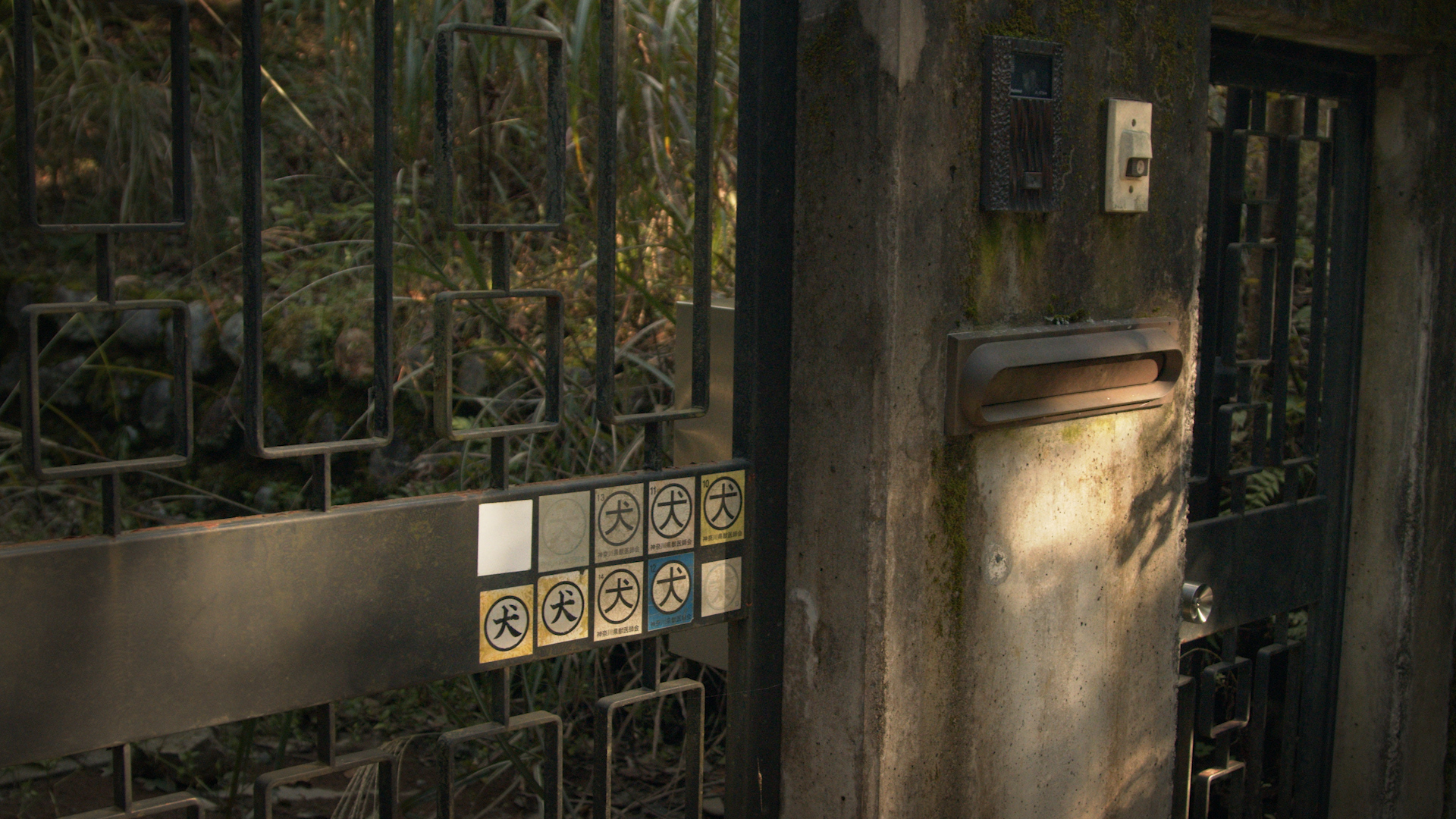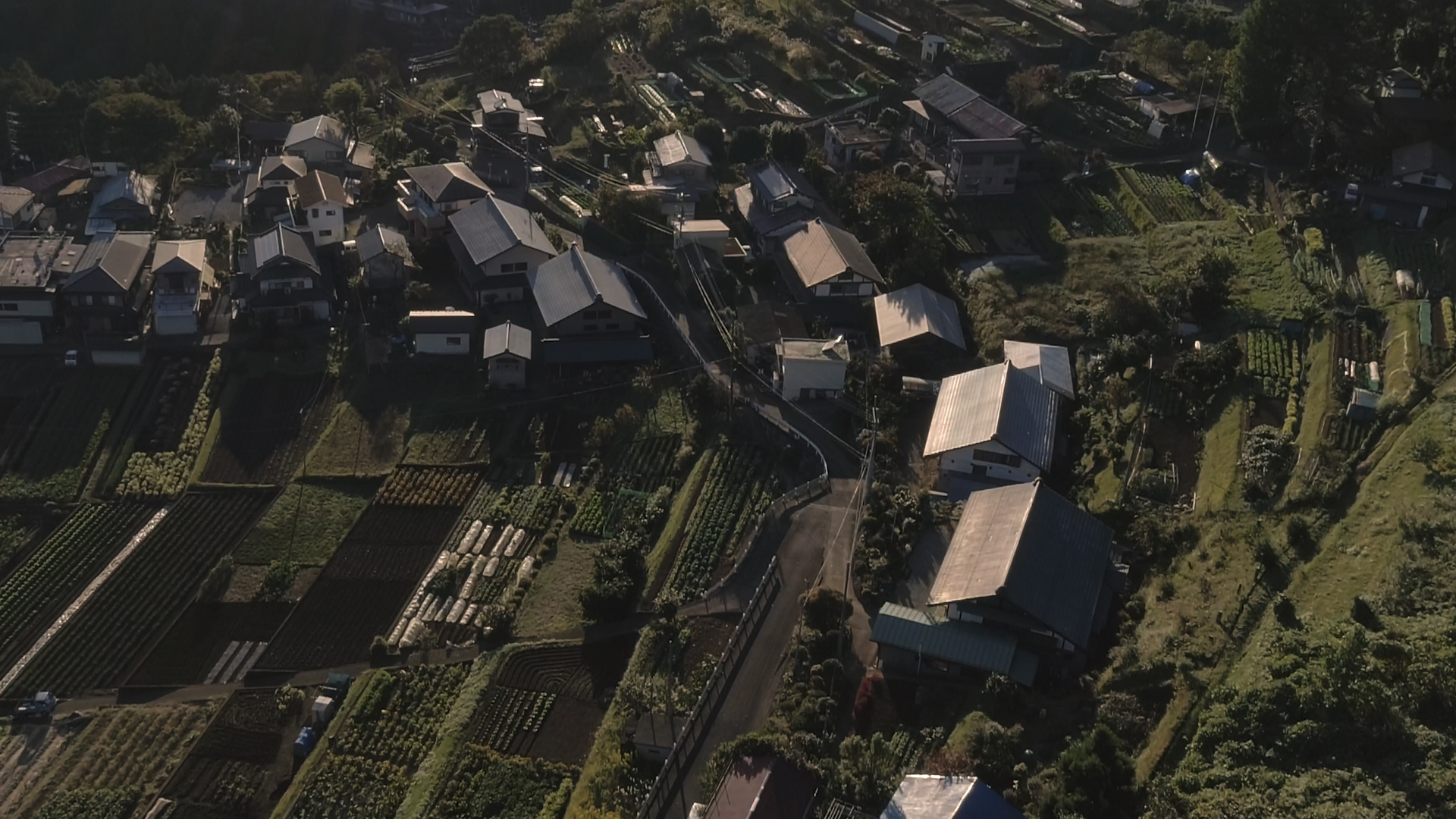COVID-19 May Bring Japan’s Dying Towns Back to Life
November 12, 2020YOKOHAMA / UENOHARA, JAPAN — Byron and Kaori Nagy were living the typical Tokyo corporate routine: long hours at work, expensive dinners out, drinks with other couples. It was, Byron reflected, "a high consumption lifestyle, working hard and spending a lot of money in the city and, you know, enjoying ourselves to a certain extent. But I felt like it was getting old."
So in 2011, the Nagy family decided to make a big change. They travelled to rural Yamanashi prefecture and found a small village where the streets were quiet and the homes were empty. To most, this corner of Japan would seem like a place in serious decline. To the couple, however, it was the perfect spot to ditch their corporate selves and start fresh.
"I was really looking to come out here and to have a place where I could experiment to build a more resilient lifestyle, more resilient to the shocks of just the unknown and the dependency of working for a company and living in the city," Byron told VICE News.

For decades, Japan has been banking on people like Byron and Kaori to breathe new life into dying towns. Today, these depopulated places are so common that local governments are offering free homes to anyone willing to move in. But several factors, like the country's ageing population as well as the economic pull of cities like Tokyo and Osaka, continue to accelerate the decline. According to one official estimate, nearly half of all towns nationwide will be at risk of disappearing in just 20 years' time.
The cities, on the other hand, have been doing fine. Tokyo's population grew at a small but steady pace while the national population continued to decline. The Greater Tokyo region—a 5,200 square mile area that includes Japan's two largest cities, Tokyo and Yokohama, as well as dozens of other smaller cities and suburbs, is now home to about 30 percent of the country's population.

In Japan, 98.1 percent of the population lives in a city. For those looking for a quieter, more spacious country life, Japan's rural towns look like the perfect escape. The COVID-19 pandemic has also helped fuel the small, but still significant, outflow of people from cities. But giving up the amenities and pace of city life to move to a neglected and shrinking town is a huge step.
"I wasn't down to really come live in the countryside in the beginning," Kaori admitted. "I mean all my shoes were heels and I was wearing a suit every day to work. In the beginning, we used to go to Tokyo a lot more because we weren't really used to life here yet. But then time passed and we didn't want to go in anymore."
The turning point for Kaori was the 2011 earthquake and tsunami. While Fukushima bore the brunt of the destruction, cities and towns nationwide were hit with food shortages and panic about possible radiation poisoning. Suddenly, Kaori was finding supermarket shelves empty and their friends and neighbors concerned about living in such a dense and disaster prone place.
"The earthquake was big for me," Kaori said. "It left an impact. It was like whoa, maybe it's time to think about something else. The option of moving out of Tokyo, I never thought about it until that happened."
The family's new home—they also have three kids—is only two hours outside Tokyo, but it feels like worlds apart. It doubles as an eco-resort in a village that was once called Akiyama and incorporated into the larger village of Uenohara after its population fell. They also run a farm in nearby Fujino, an artsy enclave in the hills of Kanagawa prefecture.
"It's interesting because I look at the shock of Fukushima and the earthquake and how it made us really reanalyze our lifestyle at the time, it's like how this recent shock of COVID kind of forces us to look back at the eight years and see how much better of a position we are in now," Byron said.
The pandemic now has others eyeing the same move. In Tokyo, the number of people moving out the city outpaced those moving in for the last three months—a first since 2013. Many are moving to other less crowded cities like Osaka and Fukuoka, but plenty of others are focused on starting a life in the countryside.
In Yokohama, the COVID-19 crisis presented both concern and opportunity for Jason Swindle. He is an English teacher living with his wife Yoko and daughter in a 785-square foot apartment. Before the pandemic, both Jason and Yoko would commute to Tokyo for work—a trip that routinely takes Jason 90 minutes door-to-door on some of the most crowded train lines in the world.

But Yoko has been working as a graphic designer from home since the pandemic began, and Jason now only commutes into Tokyo half the week, spending the other half working from home. Japan was late to embrace remote work. Despite the country's reputation as a high tech place, much of its office infrastructure is decidedly low tech. Fax machines, paper printouts, and stamped official seals are still a big part of office culture.
The pandemic is changing this, and for white collar workers like Yoko and Jason, the recent embrace of working from home opens up new opportunities to live in a cheaper, and more spacious, home in the countryside.
"The COVID situation actually made it easier for me to think that it's possible to live in the countryside," Yoko told VICE News. "I could live anywhere really as long as I have my laptop and wifi."
The couple has their eye on a sizable farmhouse in Uenohara, down the street from the Nagy family. The place is a steal at around $300 per month and is about three times the size of their current apartment in Yokohama. But it's also showing the signs of years of neglect. Jason seemed convinced, but Yoko had her reservations about starting a life so cutoff from everyone back home.
"It's a nice area, it's in the middle of nowhere," she said, before adding a caveat. "Well, to be honest, it's going to be a lot of work.”
Her husband is the biggest booster of a possible move. The pandemic, and its life changing consequences, has left Jason thinking a lot about the kinds of dreams and ambitions he once put on the backburner.
"I think corona, collectively and personally, has created those deep questions, you know, 'why am I here' and 'what am I living for'," he said. "It's created a situation for me personally to push my life forward and do the things I want to do now, not some time in the future."
